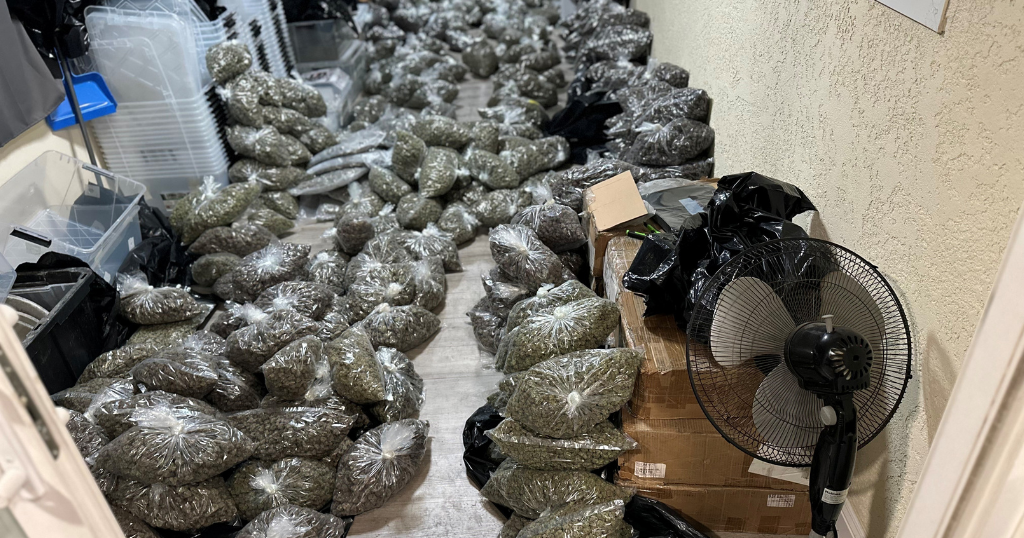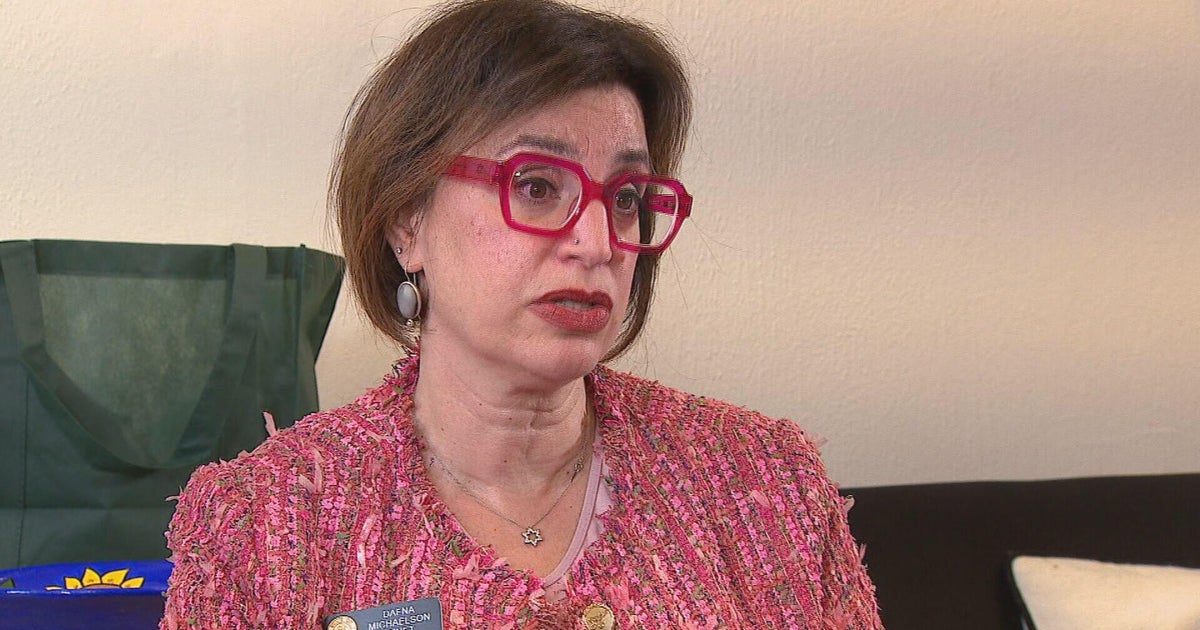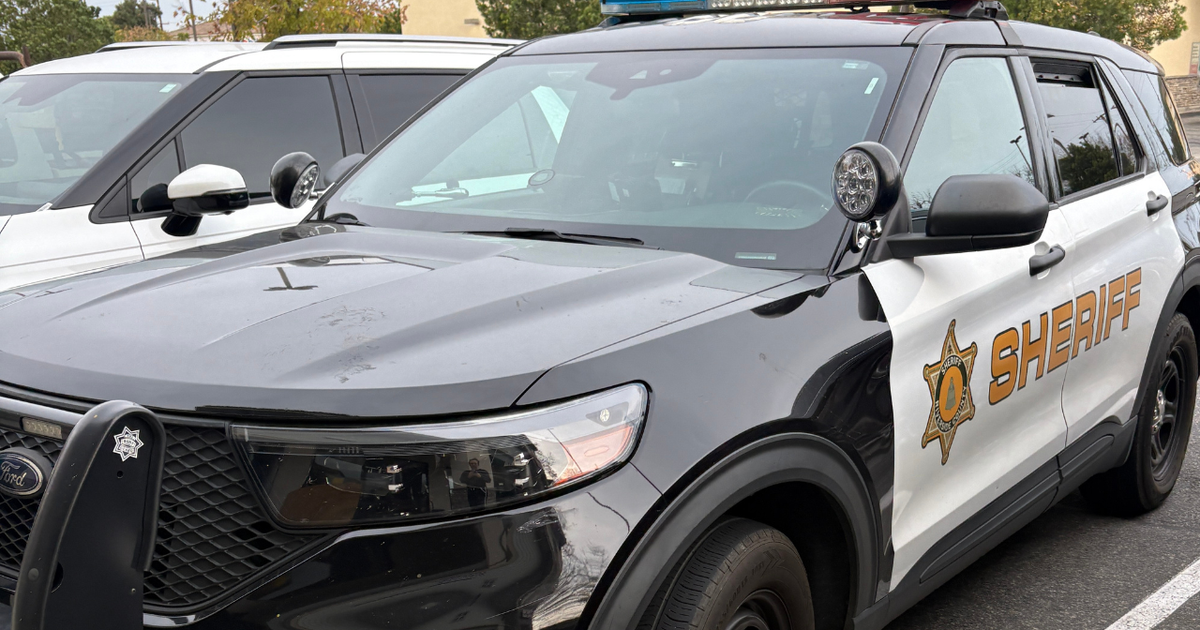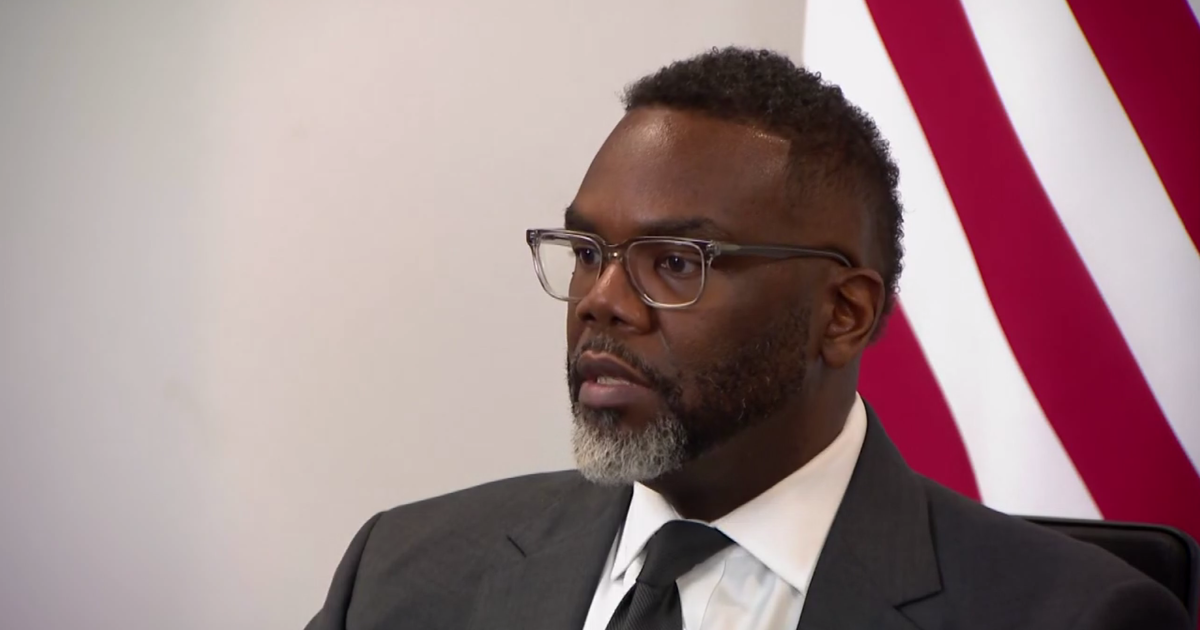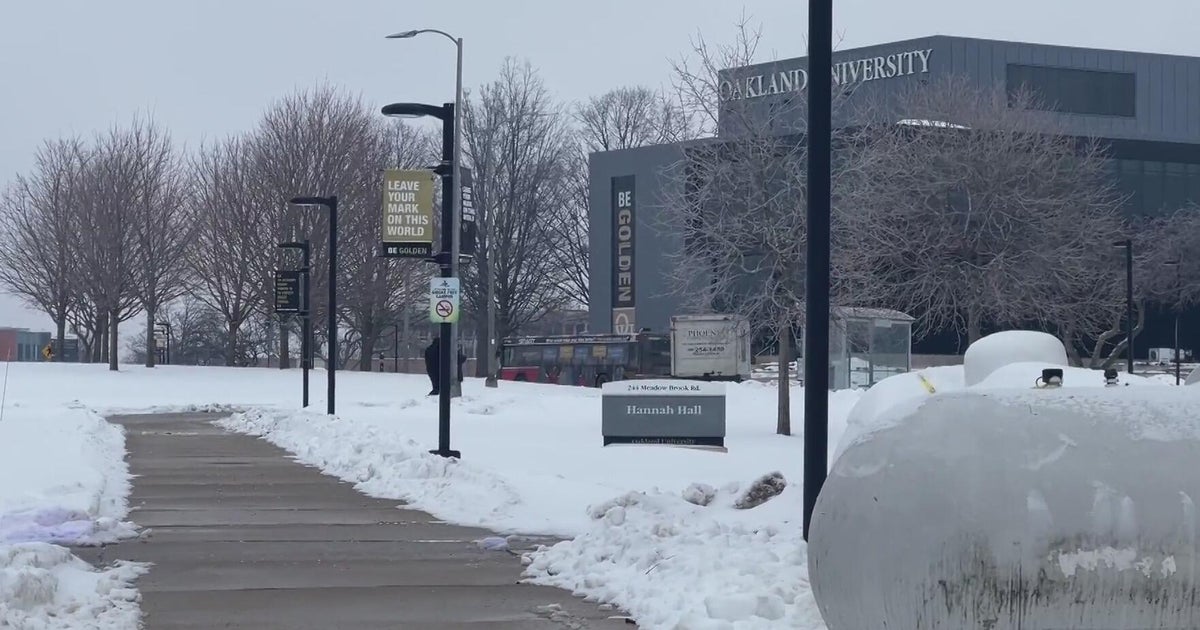Prop. 19: Pot Legalization Rejected By Californians
OAKLAND (CBS 5 / AP) -- California voters defied their trendsetting image Tuesday night and rejected a ballot measure that would have made the state the first in the nation to legalize recreational marijuana use and sales.
Proposition 19, a ballot initiative also known as the Regulate, Control and Tax Cannabis Act, led in just seven of the state's 58 counties - all of them in Northern California.
Supporters blamed the outcome on the older, more conservative leanings of voters who participate in midterm elections and pledged to be back again in two years.
KCBS' Margie Shafer Reports:
"It's still a historic moment in this very long struggle to end decades of failed marijuana prohibition," said Stephen Gutwillig, California director for the Drug Policy Project. "Unquestionably, because of Proposition 19, marijuana legalization initiatives will be on the ballot in a number of states in 2012, and California is in the mix."
The measure would have allowed adults 21 and over to possess up to an ounce of pot, to consume it in nonpublic places as long as no children are present and to grow it in 25-square foot private plots.
It also would have authorized local governments to permit and tax commercial pot cultivation, manufacturing of cannabis-infused products and the sale and use of marijuana at licensed establishments.
Proponents had pitched the initiative as a sensible, if historic experiment that would provide much-needed revenue for the state, dent the drug-related violence in Mexico by causing pot prices to plummet and reduce nonviolent marijuana arrests that they say disproportionately target minority youth.
Opponents raised the specters of increased addiction, drug-addled drivers and a costly showdown with federal drug agents while maintaining the initiative would create an enforcement nightmare if some communities allowed marijuana to be sold like alcohol and enjoyed at neighborhood "smoke-easies" while their neighbors tried to remain pot-free.
"If they think they are going to be back in two years, they must be smoking something," Tim Rosales, who managed the No on 19 campaign, said Tuesday night. "This is a state that just bucked the national trend and went pretty hard on the Democratic side, but yet in the same vote opposed Prop 19. I think that says volumes as far as where California voters are on this issue."
Despite what would have seemed like its natural appeal with residents in a state where marijuana already is easily available at storefront medical marijuana dispensaries, popular support for Proposition 19 also was hampered by opposition from some medical marijuana activists, growers and providers.
They said they feared the system they created in the 14 years since California became the first state to legalize medical use of marijuana would be taken over by corporations or lose its purpose if the drug was sanctioned for personal pleasure.
Proposition 19 was the brainchild of Richard Lee, an Oakland entrepreneur who owns a dispensary, a medical marijuana trade school, and marijuana-themed gift store. Outside Oaksterdam University on Tuesday night, a young crowd of about 100 people milled around while lighting up joints and pipes.
In the weeks leading up to the election, federal officials said they planned to continue enforcing laws making marijuana possession and sales illegal and were considering suing to overturn the California initiative if voters approved it.
"Today, Californians recognized that legalizing marijuana will not make our citizens healthier, solve California's budget crisis, or reduce drug related violence in Mexico," White House Drug Policy Director Gil Kerlikowske said.
Leaders of several Latin American nations on the front lines of the drug war also condemned Proposition 19, saying they thought it would encourage drug use and do nothing to curtail drug-related violence.
(© 2010 CBS Broadcasting Inc. All Rights Reserved. This material may not be published, broadcast, rewritten, or redistributed. The Associated Press contributed to this report.)
